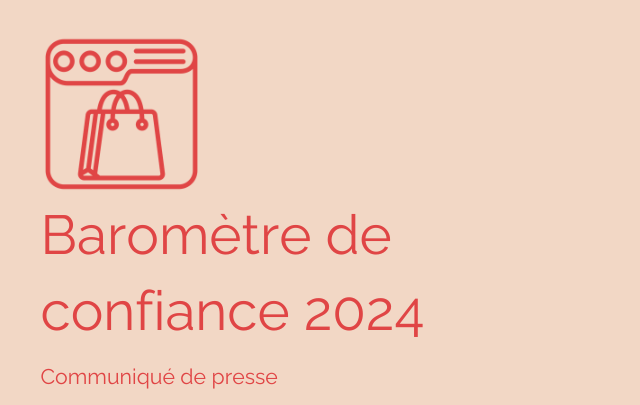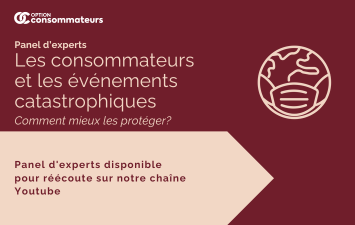

Because of the pandemic, you have postponed your wedding[1]. Now, the government has announced that health measures will be eased for the summer, and you'll finally be able to hold your happy event. But can you choose any date?
Marriage is a solemn and important occasion. Certain formalities and deadlines must be respected. Here's what you need to know.
Who can get married?
There are some basic requirements for getting married. For example, you must be 16 years of age or older and free of any previous marriages. Since the officiant has to make sure of this, you'll need to bring your birth certificates and proof that you are free from any previous marriages, for example by providing an irrevocable divorce decree or certificate of divorce. For a single person, this may mean obtaining an attestation from the Registrar of Civil Status showing that you are single. Your officiant will tell you what documents he needs. Allow time to obtain them if you don't have them on hand. For example, for the attestation issued by the Registrar of Civil Status, allow at least 10 working days (or three, if you pay for expedited processing). Note that if one of the bride and groom is a minor, court authorization is required.
The choice of celebrant
To be valid, a marriage must be performed by and in the presence of a legally authorized officiant. These include ministers of religion, notaries, clerks and deputy clerks of the superior court, mayors, councillors and municipal officials. The officiant will be able to confirm that he or she is authorized to perform marriages, but if you want to be sure, you can consult the register of officiants on the website of the Directeur de l'État civil(https://services.etatcivil.gouv.qc.ca/celebrants/index.aspx). This simple precaution can save you a lot of hassle! Most professionals are very busy, and it can take a long time to get an appointment. Find out quickly about the next available dates.
You should also know that for several years now, the law has authorized a "celebrant for a day" - a friend or family member - to celebrate your marriage. For the marriage to be valid, he or she must be designated as an authorized celebrant by the Directeur de l'État Civil. Applying for authorization is free of charge, but it takes a long time (on average four months). Although requests are processed according to the planned date of the celebration, and not the date of receipt of the request for designation, it would be risky to expect your best friend to marry you this summer. Check with your local registry office if you want to give it a try.
20-day publication notice
All marriages must be published in advance on the website of the Registrar of Civil Status for at least 20 days before the wedding ceremony. This obligation stems from the need to make the marriage public, so that those who might have reasons to oppose it can make themselves known in good time. The Registrar of Civil Status may grant an exemption, but only in exceptional cases.
The marriage notice mentions the names of the future spouses, their residences, the year and place of their births, the date of the marriage, the place of celebration and the name of the officiant. The accuracy of this information must be attested to by a person who knows you well (a witness).
What does this mean in practical terms?
- You will have an initial meeting with the officiant so that he or she can discuss your plans (date, location, ceremony, etc.) and gather the information and documents required by law. For example, your birth certificate;
- The officiant will need to indicate a time when he or she can complete the publication request. Since your witness must attest to its accuracy, he or she must also be present at this time;
- At least 20 days later, your wedding can be celebrated.
If, for any reason, the marriage cannot be celebrated within three months of publication, a new publication must be made and a further 20 days must elapse before the celebration.
What if the government were to tighten the rules on the planned wedding date?
With the problems associated with the pandemic, it's important to distinguish between a wedding celebration and a party. By law, marriage must be contracted publicly before an officiant and in the presence of two witnesses. At present, the law does not allow marriages to be celebrated remotely, by videoconference or otherwise.
As the law does not require the presence of guests, it is possible to celebrate a marriage in a place where only the bride and groom, the witnesses and the officiant will be physically present. It is important, however, to comply with public health regulations. If you have more guests than the authorized number, they can be present by videoconference.
You could also consider postponing the wedding within the three-month publication period by amending the publication notice to indicate the new wedding coordinates.
Consult your notary
Marriage creates rights and obligations between spouses. It is therefore essential to consult a notary beforehand to fully understand the changes involved and the choices available to you. To protect your mutual interests, you may need to sign a marriage contract. In fact, why not ask your notary to marry you!
[1 ] Although this text deals only with marriage, the information also applies to civil unions.






